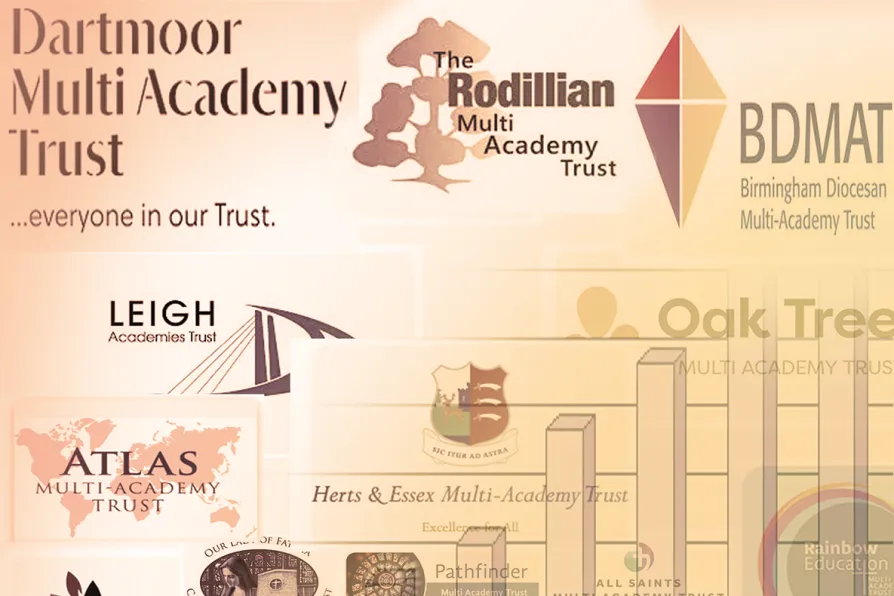Channel 4’s Dirty Business shows why private companies cannot be trusted with vital services like water, says PAUL DONOVAN


JUST this week the Confederation of School Trusts, a powerful body representing most academies in Britain, issued a paper asking for a comprehensive review of the Ofsted inspection system — a review that proposed a weakening of Ofsted oversight and accountability for academy trusts.
Powerful trusts have merged, and they are starting to flex their muscles financially and politically. Multi Academy Trusts (MATs) were exempt from Ofsted inspection for many years, but due to various scandals about quality, transparency and accountability, this was reversed in 2016. Now, however, the favoured child of the Ofsted inspection system is, like Frankenstein’s monster, starting to exert control over its creator.
To set some context to this, Ofsted is controlled by a Tory government that believes, without a shred of evidence, that MATs are the route to school improvement. Ofsted arrives at schools with this prejudicial agenda. Non-academised schools are often judged harshly by Ofsted and then forced into academy trusts.

We face austerity, privatisation, and toxic influence. But we are growing, and cannot be beaten













